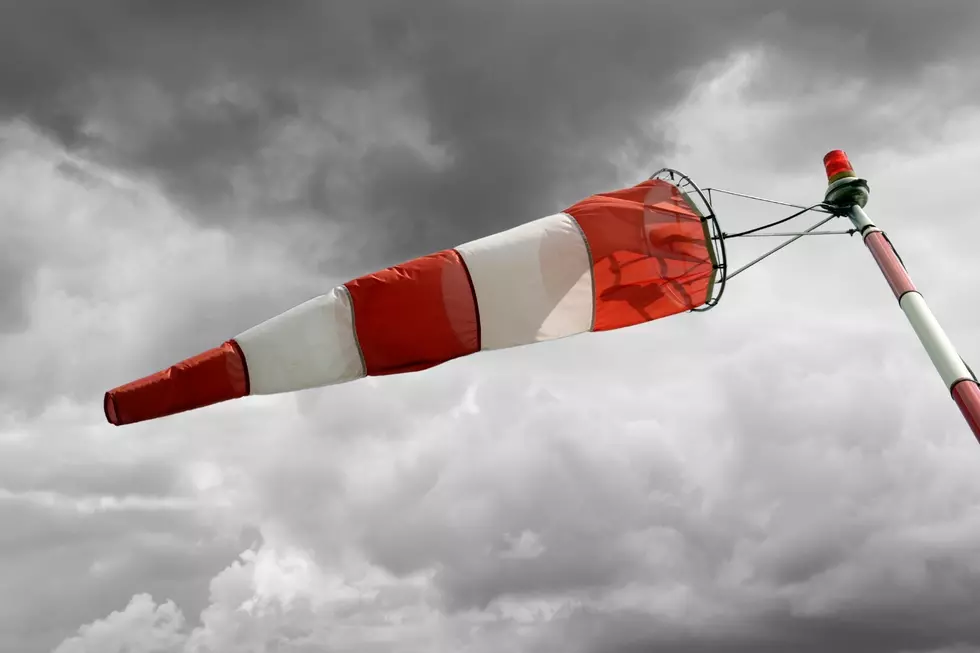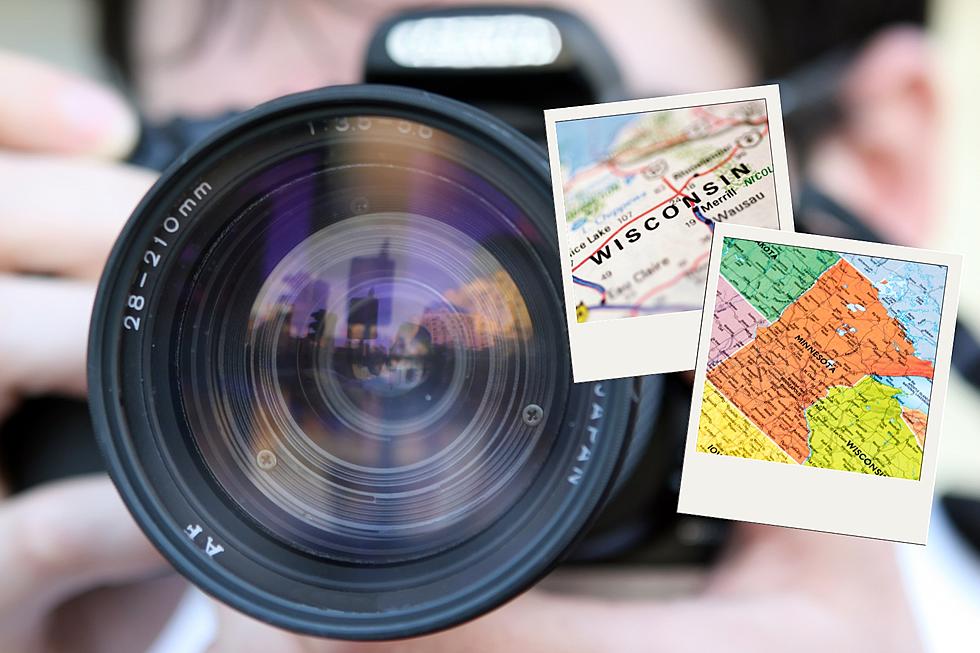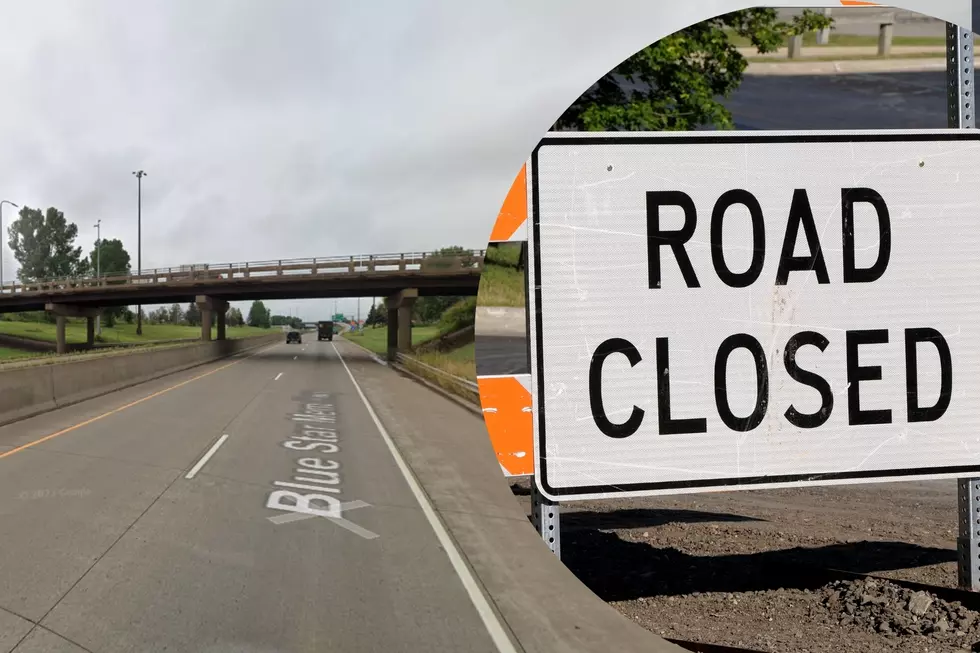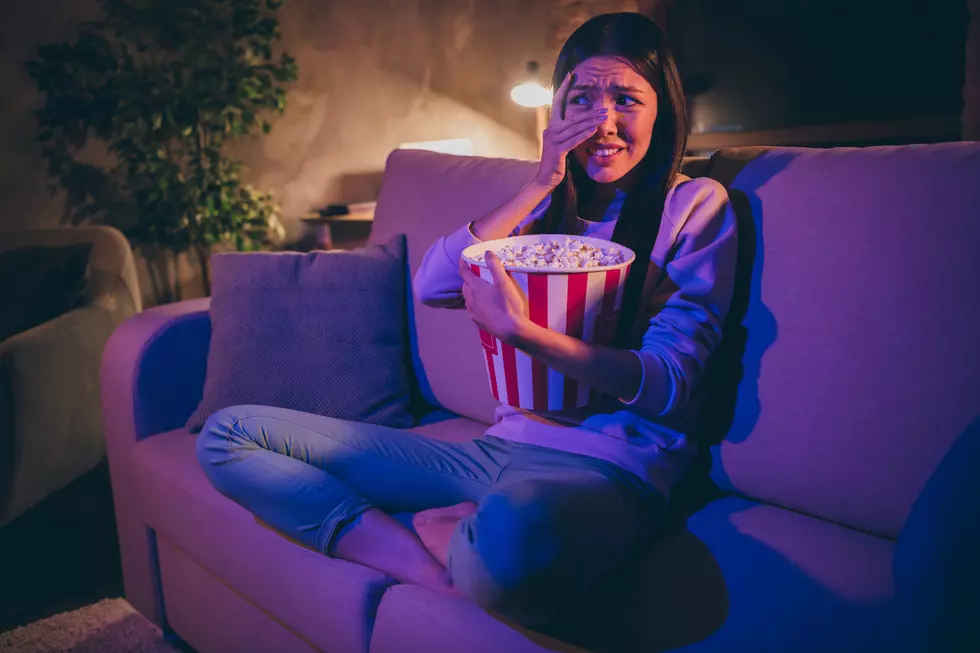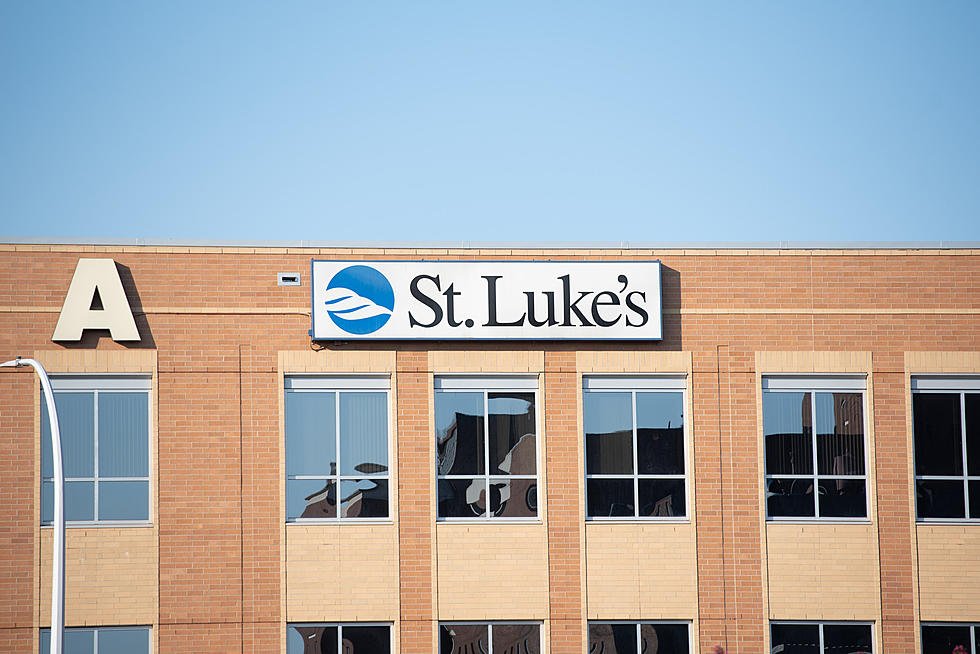
St. Luke’s In Duluth Seeks New Participants For National COVID Study
The Northland has been at the forefront of the research that went into the response to the COVID-19 Pandemic. St. Luke's has been an active participant in the national study that developed testing, vaccines, and other medical protocols along the way. Now, they're looking to "re-boot" the research with new participants.
St. Luke's is actively seeking interested people to join in on the national study for COVID-19 - called RECOVER. The research is being done in conjunction with the Centers for Disease Control and Prevention.
Along with St. Luke's in Duluth, five other research sites across the country are involved, too. Together, the data being provided will allow the CDC to determine how COVID-19 moved through populations of people; that information will allow the CDC to plot strategies and protocols as we move forward.
According to details released by St. Luke's, they're actively looking for healthcare workers, first responders, and anyone "whose job involves interacting with others". St. Luke's officials are sharing that "[m]ost anyone who works outside of the house for at least 20 hours a week is eligible. Patients do not have to be a St. Luke's patient and there is no vaccine requirement. Both vaccinated and unvaccinated participants are welcome".
As part of the reboot for the next phase of the RECOVER study, there is even an incentive for people who have been participating. While they can't re-register again, they can earn some cash for referrals. Current participants who refer someone who remains enrolled in the RECOVER study for at least three months will get a $25 bonus.
The RECOVER study being performed by the Centers for Disease Control and Prevention is the largest and the longest running study on COVID-19. St. Luke's in Duluth has been involved since the beginning.
For complete details, visit the RECOVER study site on St. Luke's website.
What Do I Do If I Lose My COVID-19 Vaccination Card?
Things To Do Before + After Getting The COVID Vaccine
Answers to 25 common COVID-19 vaccine questions
More From MIX 108
